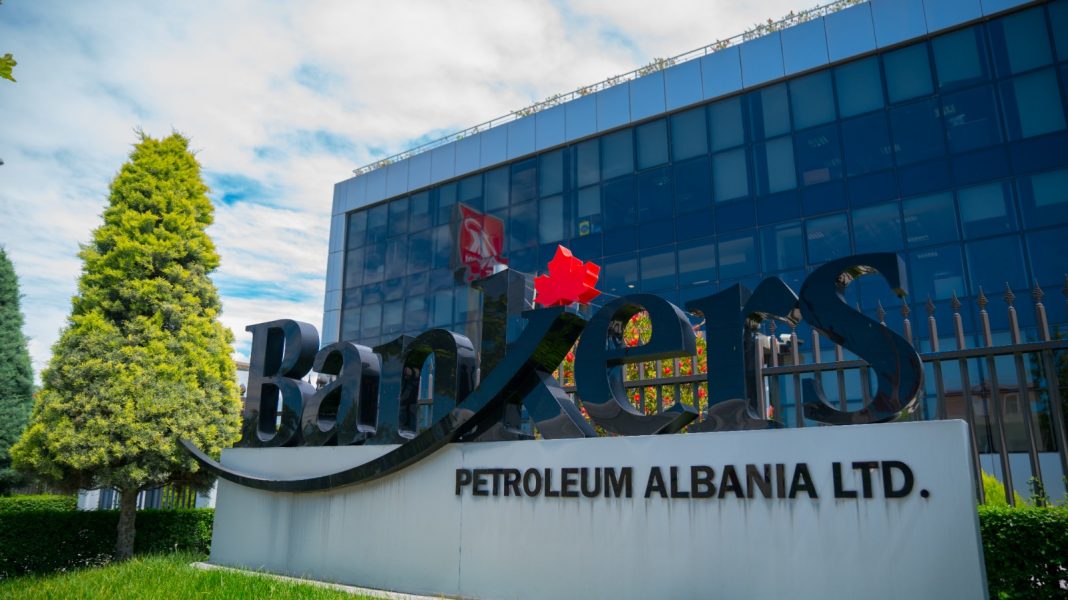Albania cracks down on Bankers Petroleum over 20-year tax evasion scheme

Albanian prosecutors have launched a sweeping criminal case against Bankers Petroleum, the country’s largest oil extraction company, accusing it of systematic tax evasion, fraud, and money laundering over a two-decade period. The investigation marks a dramatic turn in a long and often tense relationship between the Albanian state and the company, now under Chinese ownership.
Why is this important: For years, Bankers Petroleum has faced criticism for a lack of transparency—not only in its financial reporting but also in how it handled environmental and social responsibilities. Despite media scrutiny and local complaints, the company was often seen as shielded from accountability due to its perceived political influence. The fact that prosecutors are now pursuing such a high-profile case suggests a shift in tone: that even dominant players in strategic sectors are no longer beyond legal scrutiny.
Context: The investigation began in late 2024 after Albania’s Tax Investigation Directorate flagged inconsistencies in Bankers’ filings. After six months of coordinated inquiries involving the police and tax authorities, the Fier Prosecutor’s Office executed 14 security measures this week—including arrests and search warrants at the company’s headquarters.
Prosecutors say Bankers Petroleum sold or exported over €5.3 billion worth of crude oil between 2004 and 2024 but reported tax losses every single year, avoiding profit tax for two decades. At the same time, the company allegedly claimed millions in unjustified VAT reimbursements. The resulting damage to Albania’s state budget is estimated in the tens of millions of euros. Specifically, authorities say Bankers Petroleum falsely inflated its expenses in annual financial statements to show consistent losses totaling 11.7 billion ALL (approximately €110 million), despite generating revenues of over 532 billion ALL from domestic sales and exports.
Nine individuals were detained, including current CEO Hongping Xiao and former director Leonidha Çobo. Five Chinese executives remain at large and are wanted internationally. The charges include: creating fraudulent VAT schemes, concealment of income, money laundering, abuse of office, and failure by tax authorities to act.
The fraud mechanism: Investigators say the company ran a complex scheme involving falsified documents and questionable financial transactions, often routed through subcontractors and foreign entities. These allegedly served to artificially raise costs and justify loss declarations, shielding the company from profit tax obligations.
Moreover, by showing negative balances, Bankers received improper VAT refunds—payments meant for companies operating at a loss. Prosecutors claim this alone caused millions in direct budgetary damage.
In June, officials conducted raids at Bankers’ offices in Fier and in the Patos-Marinzë oil field—Europe’s largest onshore oil reserve. Police reportedly faced resistance during the operation and had to forcibly enter parts of the facility. Servers and financial records were seized.
A troubled legacy: Bankers’ path in Albania has been marked by controversy. Initially a Canadian company, it entered the market in 2004 with a hydrocarbon’s agreement granting it rights to exploit Patos-Marinzë. In 2016, it was bought by China’s Geo-Jade Petroleum Corporation for $442 million.
Despite claimed investments totaling $4.5 billion and claims of employing over 1,700 Albanians, the company has clashed with local communities, labor unions, and the state. Inhabitants of nearby villages like Zharrëz have repeatedly reported earthquakes and house cracks allegedly linked to the company’s drilling techniques.
In parallel, Bankers had ongoing fiscal disputes with the Albanian state. In 2015, it initiated arbitration seeking recognition of $236 million in cost recovery. The tribunal later ruled in favor of Albania, rejecting the company’s claims.
In 2021, Albania’s Competition Authority fined Bankers €171,000 for abusing its dominant market position. A 2020 report by the National Agency for Natural Resources also flagged irregularities in reported costs and weak environmental compliance.
Company reaction: Bankers has denied wrongdoing but pledged cooperation. In a public statement, it reiterated its contribution to Albania’s economy—including 83% of national oil output and over $730 million in royalties—and said it is owed $36 million in VAT refunds by the state.
It said: “We respect and support all legal measures that uphold regulatory standards and integrity in Albania. Our operations remain stable, and we are committed to full transparency.”
Still, union representatives have raised concerns over job security for the oilfield’s 1,700 workers, urging both the state and company to guarantee continuity.
What’s next: The investigation is ongoing and may extend to other companies and individuals tied to the scheme. Prosecutors suggest this is only the beginning, as they examine additional fraudulent VAT, money laundering, and tax evasion schemes in the energy sector.
The Bankers case is a major test for Albania’s efforts to clean up its extractive industries, ensure fair taxation, and hold powerful foreign investors accountable.


